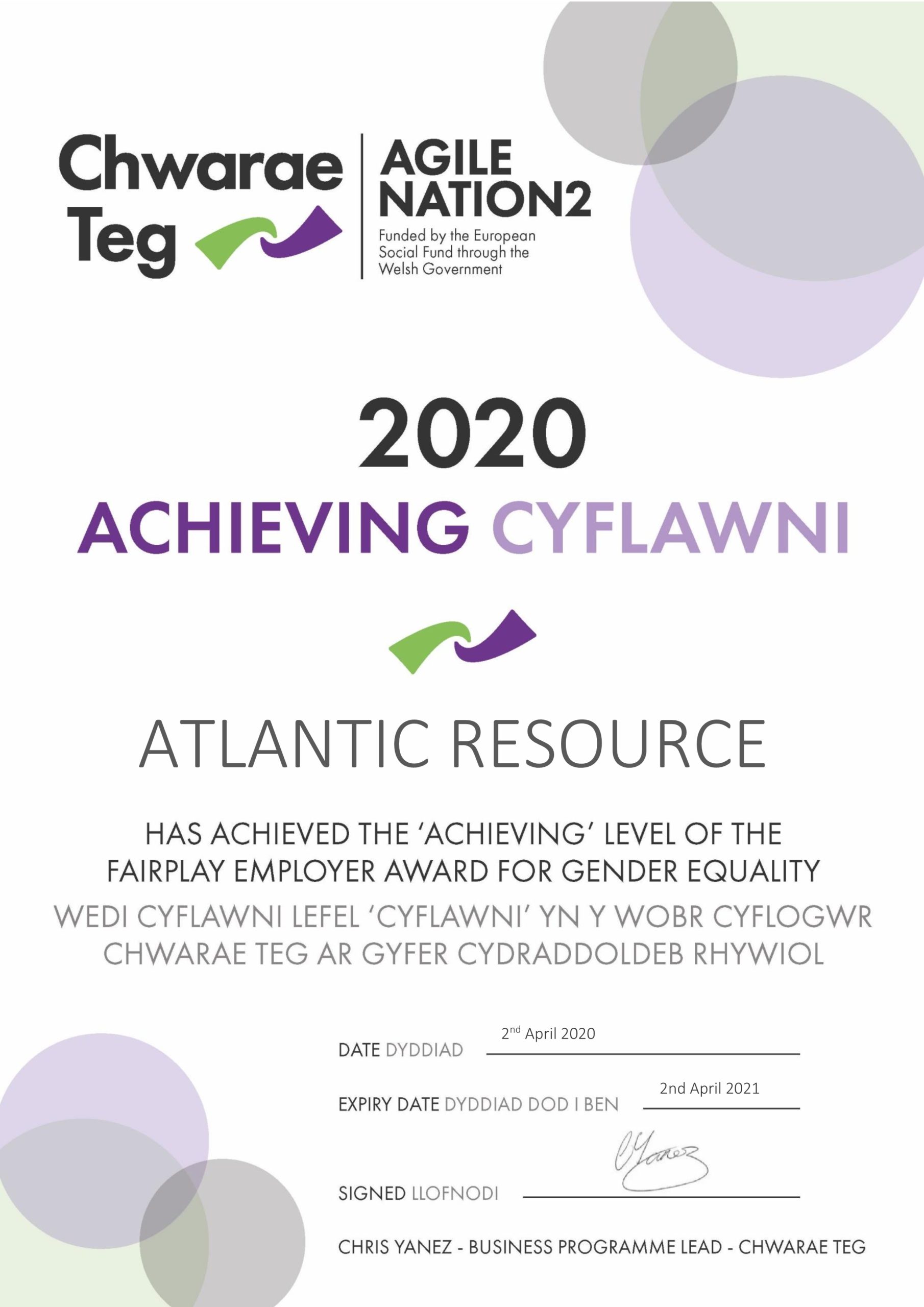Making young people as employable as possible: an enduring subject and a seemingly constant economic thorn in the UK’s side. This has been constantly discussed and debated at local, regional and national levels, but how far has it been practically addressed? Framed within the issue of skills shortages in technology and engineering, especially in south Wales, the improvement of apprenticeship schemes have been cited as a way forward. Now, businesses are also being encouraged to look beyond the academic achievements of young people when selecting new staff.
Framed within the issue of skills shortages in technology and engineering, especially in south Wales, the improvement of apprenticeship schemes have been cited as a way forward. Now, businesses are also being encouraged to look beyond the academic achievements of young people when selecting new staff.
Thinking Differently When Hiring
This year’s Conservative Party conference saw the chief executive of charity Step Up To Serve, ask recruiters to think about the different ways young people develop skills through activities outside of school, rather than just asking them about work experience or examinations.
Step Up To Serve attempts to involve more young people in social action, and has pledged to review how businesses might adjust hiring practices accordingly.
This sounds like a commendable project. But how wide reaching an affect can such initiatives realistically generate, and how broadly can such attitude shifts permeate? Particularly in pressured and skilled environments where hiring needs to be conducted promptly based upon the relevant experience of candidates? [Read our blog post: 6 Reasons Why Exam Results Aren’t Everything]
[Read our blog post: 6 Reasons Why Exam Results Aren’t Everything]
UCAS Style Apprenticeship System
More effective might arguably be a UCAS-style system for apprenticeships that help young people find placements which are left vacant. This is the idea put forward in a report by the Industry Skills Board (ISB) branch of the City and Guilds Group.In the report, Making Apprenticeships Work, Britain was reproached for “misleading” young people into believing university education is the best route into a career.It often appears as if apprenticeships generally lack obvious uniformity, and the report agreed that apprenticeships lack a coherent entry route when compared with routes to further and higher education. The number of grey, uncertain areas could discourage or confuse away prospective apprentices, leading to organisations which struggle to fill vacancies.The ISB’s report proposes that apprenticeship recruitment should be better aligned with the school calendar, and a UCAS-style process for potential apprentices should be created. It said that employers should be incentivised to advertise placements between July and October, meaning more teenagers would be able to find these vacancies.These are just a couple of recommendations from the report, but to us here at Atlantic Resource, they seem practical and actionable measures which could have a real impact in improving and clarifying the apprenticeship process.In turn, this could have the net result of getting more young people working – something everyone wants to see. Let’s hope the report gets the audience and attention it deserves.If you’re seeking work in construction, catering, office administration or care, call us for a chat or email across your CV.







